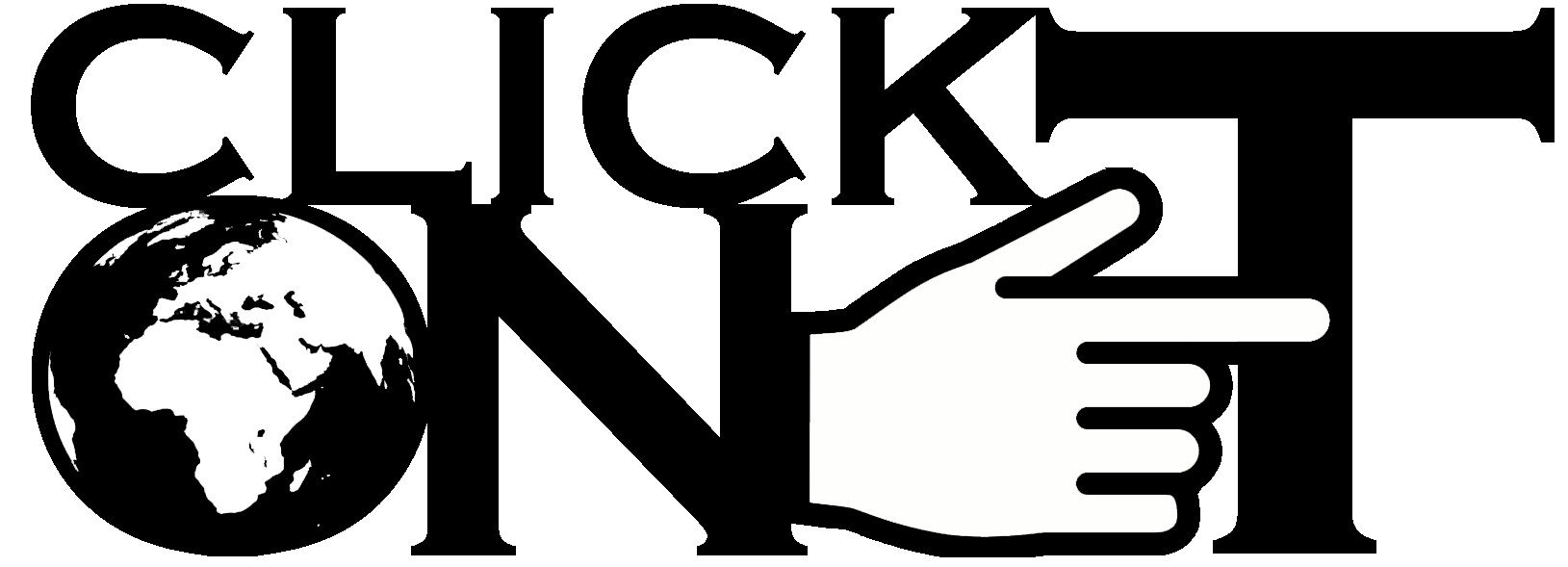|
Climate Change Knowledge on Training
The main objective of Erasmus+ project “Climate Change Knowledge on Training” is to improve practical skills and teaching methodologies and approaches of trainers, especially who works with 35+ ageadults, on the concept of climate change.
Background: Climate change is considered by the EC as one of the greatest challenges of the modern age. The implementation of strategies for mitigation and adaptation on climate change is mostly significant at sub-national and local level, where the efforts of local and regional authorities are essential. A resilience perspective on climate change emphasizes learning, self-organization, and flexibility as crucial ingredients for navigating complex feedbacks, thresholds, and system changes.
Surveys shows, there is no clear understanding of the citizens what actions helps to fight climate change what not. Eurobarometer results survey at 2017 shows, that Europeans are very concerned about climate change, but also - that a huge gap exists between the actions and understanding that specific action is related to fight climate change. 62% surveyed of Spain, 48% - Lithuania , 34% -Italy, 30% - Poland, 20% - Romania have answered they have taken personal action to fight climate change in the past 6 months. However, when given specific examples of done actions the results rises at Spain and Italy to 89%, Romania - 71%, Lithuania - 92%. It shows that there is no clear understanding what actions helps to fight climate change what not. And this raises the question of the continuity of actions and their sustainability.
The EIB Climate Survey (2018) reveals Southern Europeans are particularly concerned about the impacts of climate change and see it much more as an immediate threat. They also believe it is mostly caused by human activities. On the contrary, northern Europeans are less worried about climate change and less convinced of the impact of human activities. Because of those differences there is a need for deeper analysis, especially the methods which local organizations are using to rise public awareness and encourage change at daily life of the citizens.
Without the common agreement of EU member states to search for more funding for developing countries - there is no possibility to reach a real results to stop the climate change globally. At EU level, there is a split of opinion. 35% of Europeans believe their countries should invest in helping developing countries fight climate change (Spain 46%, Italy 38%, Rumunia 37%, Poland 28%, Lithuania 19%), while 33% are of the view that each country should hold individual responsibility for tackling its own. Even more - older generations are advocating more for domestic investments. 24% of youth, 32% of 35-54 and 38% of 55+ years old surveyed suggest not invest to other countries. This can be changed by directing more attention on work with adults 35+ age.
The CliCK on T project intends to exploit the knowledge and experience achieved in professional education and communication on risk perception and prevention, adapting and transferring this approach to education and learning on climate change. More specifically, focusing on teachers, trainers, and educational staff, this project intends to contribute to this aim:
- by offering increased opportunities for the development of professional capacity and active participation of the educators and other personnel who support adult learners;
- by promoting, tailoring, and providing learning and development opportunities for local organizations and local bodies with a focus on mitigation and adaptation on climate change;
- by increasing awareness and sensitivity to climate change issues and offering the opportunity to contribute effectively to the reduction of CO2 emissions to a specific target audience (adults 35+ age).
Participants: >30 participants from Italy, Spain, Poland, Lithuania and Romania (staff, teachers, trainers and other) will be involved to the project directly. They should have a theoretical background in the field of environmental education and active citizenship or intend to acquire more expertise in the areas mentioned above. Approximately 100 participants will be involved at the project at local level.
Description of activities: The project will develop, test and share tools and methods enriching each curriculum of each participants, in order to support them in the spreading of a creative and innovative culture on climate change. Tools will be exchanged on a web-platform that can facilitate to learn how to apply creative thinking and to develop the capacity for innovation on climate change. The project will establish a permanent network in each local context, bringing different actors and services together to create an effective support mechanism between key stakeholders.
Methodology: The educational approaches will follow the principles of non-formal education, mainly through using experiential learning where participants learn from one another and explore the themes through inputs, discussions and counselling activities. Specific tools able to strengthen the professional profile of the teaching professions will be published to support this process and to guarantee a large replication potential. All results will be shared on an interactive website platform, through publications and study programs, and seminars in each of the local context involved in the project.
The project will develop, test, adapt and implement practices relating to:
- learning and teaching methodologies and approaches for trainers, focusing on climate change;
- comparative analysis of models and approaches on education and communication on climate change;
- strategic use of open and already available information and educational resources on climate change;
- outreach activities between organizations in different education, training and environmental sectors.
More specifically the project will offer a complementary and permanent support to the more consolidated communication campaigns on climate change, by improving the capacities of organizations active in the fields of education and training, notably in the areas of environmental development and targeted activities for specific groups.
Project implemented by: Fondazione Toscana Sostenibile Onlus, Federacion efa Galicia, Asociatia pro-expert, Centrum Edukacji i Badan Spolecznych, Socialinių investicijų valdymo centras.
 
|
|

